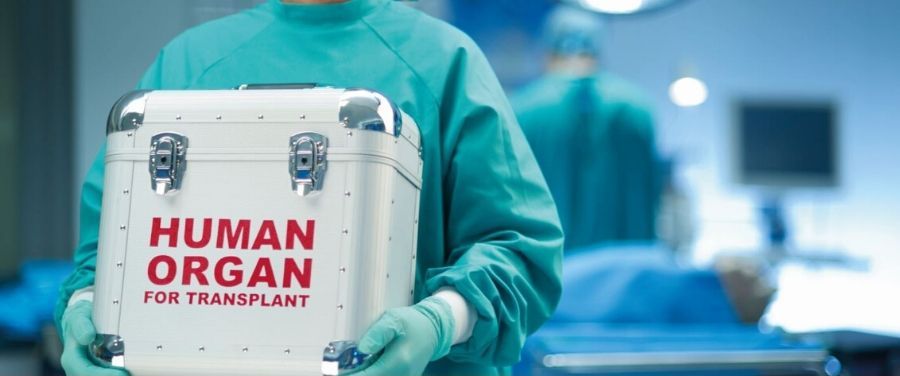WHAT IS ORGAN TRANSPLANTATION?
Organ transplantation process is a surgical procedure in which an organ of one person is transplanted into another person whose organ has injured or failed. The donor and recipient may be at the same location. It is also possible that organs may be transported from donor’s location to receiver’s location. When tissues or organs are transplanted within the same body of a person, it is called as autograft.
Transplants that are recently performed between two subjects of the same species are called allografts. Organs that have been successfully transplanted include kidneys, heart, lungs, liver, pancreas, intestine, and thymus. Tissues include tendons, bones, skin, heart valves, corneae, nerves and veins.
Worldwide, the most commonly transplanted organs are kidneys, followed by the liver and then the heart. Corneae and musculoskeletal grafts are most commonly transplanted tissues. Sometimes, the transplantation carries potential risks and drawbacks, such as the chance of organ rejection.
TYPES OF DONORS:
Organ donors may be alive, brain dead, or dead via circulatory death.
Living Donors:
Living donors are the people who remains alive and donates a cell, renewable tissue or fluid; such as, blood, skin to the receiver. Living donor may also donate an organ or part of an organ in which the remaining organ of the body can regenerate or take on the workload of the rest of the organ; such as, single kidney donation, partial donation of liver,
small bowel, lung lobe, etc.
Deceased Donors:
Deceased donors are people who have been declared brain-dead and whose organs are kept viable by ventilators or other mechanical mechanisms until they can be excised for transplantation.
ORGAN TRANSPLANTATION PROCESS:
After the medical team and individual have selected the route of transplantation for treatment, the individual will receive a comprehensive evaluation from the transplant team, including transplant hepatologists, transplant surgeons, transplant nurses, financial advisors, social workers and dietitians.
The overall evaluation takes approximately three days and includes: diagnostic & blood testing, including blood tests, x rays, ultrasounds, CT scans and cardiac testing. Appointments to Watch different specialists, such as cardiologists, gynecologists, urologists and gastroenterologists, as necessary, to decide whether it is safe to go with transplantation.
Financial counselors are additionally available to assist make necessary arrangements prior to transplantation. The results of the tests are obtained and after the evaluation is complete, the transplant team will affirm that transplantation is the alternative for the patient.
After the procedure, patients are taken straight to a dedicated transplant surgical intensive care unit to recover. All patients may have a urine catheter and a particular IV for administering drugs, both of that are usually removed within two days of transplant.
The vast majority of patients are transferred out from the TSICU into the regular transplant operation floor within two days of their transplant. Eating, drinking and walking have been strongly encouraged as quickly as possible after transplant. Most sufferers are discharged from the hospital within a week of their operation.
